S&P 500: 0.69% DOW: 2.08% NASDAQ: -0.57% 10-YR: 3.84%

Last Week on WallStreet - July 22nd, 2023
What Happened?
As theatergoers and families debate between reserving tickets for Oppenheimer or Barbie this weekend, equity markets diverged significantly. The tech-heavy leadership of this year-to-date run up lost ground, while defensive areas gained strength. With earnings season in high gear, investors have more to digest in addition to the influx of economic data. Next week will be pivotal in determining the direction in earnings as 175 S&P 500 companies set to report, including giants Meta and Microsoft. Monday will likely be a volatile session as the Nasdaq 100 conducts its special rebalance to adjust weightings due to the significant rise this year in stocks like Nvidia.
Beneath the surface, Energy (3.5%) names gained the most ground on solid Q2 earnings results, followed by Healthcare (3.4%) and Financials (2.95%). Two of this year's top sectors, Communications (2.4%) and Discretionary (2.3%), were the only areas to suffer substantial losses.
Retail Sales Rose in June as Inflation Eased
- Retail sales—a measure of spending at stores, online and in restaurants—rose a seasonally adjusted 0.2% last month from the month before
- That was a slower pace than in May and April and matched the 0.2% increase in consumer prices last month
- Spending on furniture, electronics, and online shopping rose while sales at grocers, gas stations, hardware, and sporting goods stores dropped
The key takeaway - In recent months, retail sales figures have stagnated, remaining relatively flat after adjusting for inflation. While sales numbers have managed to keep pace with rising prices on the back of a robust labor market, potential concerns loom on the horizon. Higher expected interest rates, which push up the cost of big-ticket items and credit card balances, slowing wage growth, and the resumption of student loan payments could all have an effect on consumers' bottom line, potentially leading to a pullback in spending. Despite the challenges so far, the consumer has remained unexpectedly resilient this year producing an economy that has continually surprised economists and investors throughout 2023.
Home Sales Fall in June as Listings Fall
- The total number of homes for sale in June fell by 13.6% from last June, to 1.08 million units
- Sales of previously owned homes fell by 3.3% to an annual rate of 4.16 million in June
- The slowest June rate since 2009
- The median price for an existing home in June rose to $410,200
The key takeaway - Recently, existing-home prices have recovered, but broad activity in the space has been experiencing a notable decline. Several dynamic factors have contributed to an environment with reduced overall supply and demand for homes, but the supply-demand mismatch is increasing price levels. On the supply side, significantly higher borrowing rates compel current homeowners with low-cost mortgages to refrain from selling their properties. On the demand side, a combination of higher home prices and interest rates has drastically increased the cost of home ownership. As a result, prospective buyers postpone purchases for better opportunities down the road. Still, demand for homes is well above the current supply and as long as that imbalance holds, it is likely we see higher prices moving forward.
S&P 500 Earnings Season Update
- So far this earnings season, 18% of companies in the S&P 500 have reported Q2 results
- Of those companies, 75% have beaten EPS expectations which is near long-term averages
- However, downward revisions have offset the positive surprises leading to negative earnings growth vs last quarter
- The index is currently reporting its largest year-over-year decline in earnings since Q2 2020
The key takeaway - Despite facing quarter-over-quarter and year-over-year declines in earnings so far, the Q2 results have mostly met expectations one-fifth of the way through the reporting period. This is promising for equities, indicating that companies have managed to avoid the feared crash-and-burn scenario that was anticipated at the start of the year for another quarter. However, many expect this early overall earnings trend to continue for the rest of the season, resulting in the index recording a third straight quarter of earnings declines.

From the Waterloo Watercooler
Blackstone became the first private equity firm to manage $1 trillion in assets this week
Grain prices are rising as Russia began targeting Ukrainian port cities after pulling out of its agreement to allow cargo ships safely through the Black Sea
NFL owners approved the sale of the Washington Commanders to private equity investor Josh Harris, bringing Dan Snyder’s 20+ year ownership to an end
Netflix's new policy crack down on password sharing led the streaming giant to amass an additional 5.9 million subscribers last quarter



